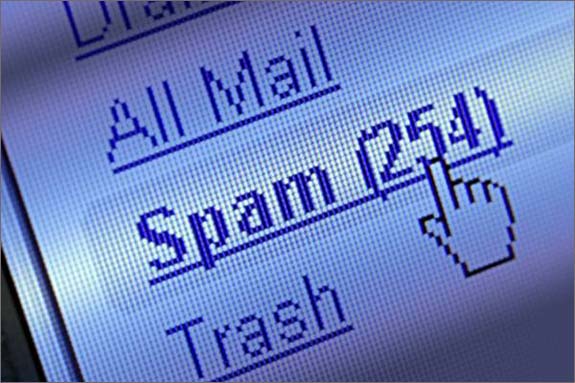We have begun to see an influx of “spam” lawsuits in the Utah federal district courts brought by XMission, L.C. (“XMission”), a Utah-based Internet Service Provider, against advertisers, marketers, and their affiliates, for alleged violations of the CAN-SPAM Act.
Typically, the XMission complaints consist of allegations of materially false or misleading email message headers. XMission generally alleges that: (1) headers contain false or misleading inducement language; (2) headers falsely create an appearance of an existing relationship; (3) headers contain a generic “from” name; (4) the commercial email message is sent from a privacy-protected domain name; (5) marketers included invalid or unregistered email sender domains; or (6) marketers have made use of a domain to send the email which was registered for a purpose that violates the domain registrar’s terms of service. XMission often requests a temporary restraining order at the outset of its lawsuits, seeking to enjoin marketers from sending future email to XMission clients.
What Should You Do If You Have Been Sued by XMission or Another ISP?
Even the most prudent business may still find itself defending a “spam” lawsuit. In such a case, it is imperative not to panic, and to engage knowledgeable counsel as quickly as possible. There are often multiple defenses to CAN-SPAM claims brought by entities such as XMission. It is critical that you do not: (1) speak with your adversary; (2) issue press releases; (3) speak with employees, marketing partners, advertisers or others in the industry until after you have had the opportunity to speak with your attorney; or (4) destroy, tamper with, or create documents.
How To Avoid A Spam Lawsuit?
There are certain best practices that can be implemented to minimize the risk of becoming involved in a “spam” lawsuit. Advertisers should confirm that their marketers are taking proper steps to maintain CAN-SPAM compliance. Likewise, marketers should ensure that they have proper protocols in place to both ensure their own compliance, as well as to ensure that their affiliates are compliant with CAN-SPAM regulations. Above all, it is most important to work with experienced email marketing counsel before the launch of any campaign in order to implement the practices and procedures necessary to prevent the sending of unlawful commercial email.
If you are interested in this topic, or have been the subject of a CAN-SPAM lawsuit, please e-mail us at info@kleinmoynihan.com, or call us at (212) 246-0900.
The material contained herein is provided for information purposes only and is not legal advice, nor is it a substitute for obtaining legal advice from an attorney. Each situation is unique, and you should not act or rely on any information contained herein without seeking the advice of an experienced attorney.
Attorney Advertising
Related Blog Posts:




